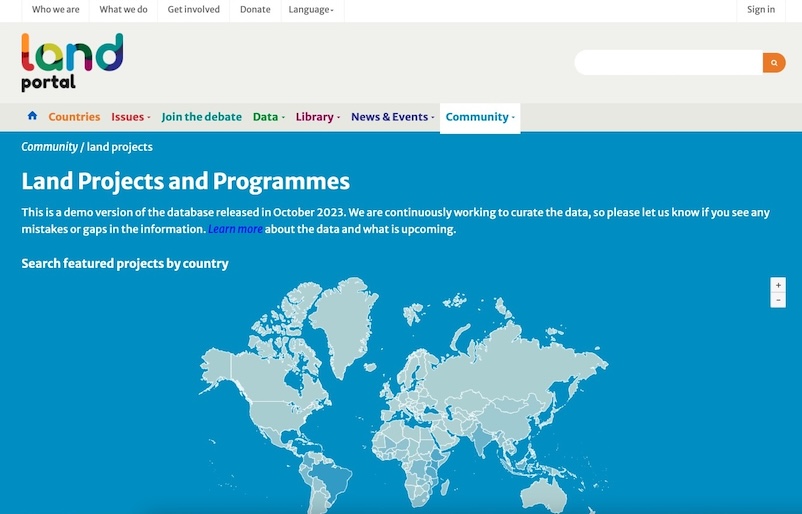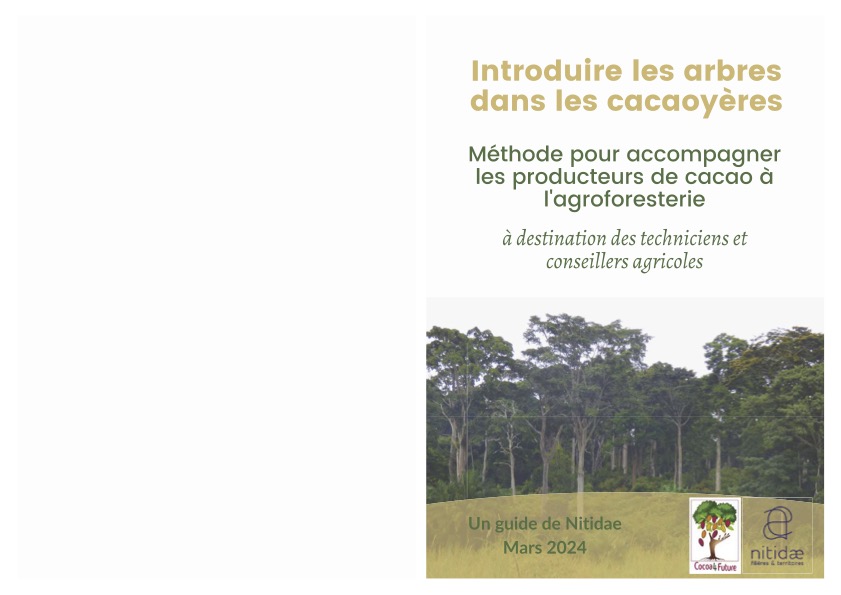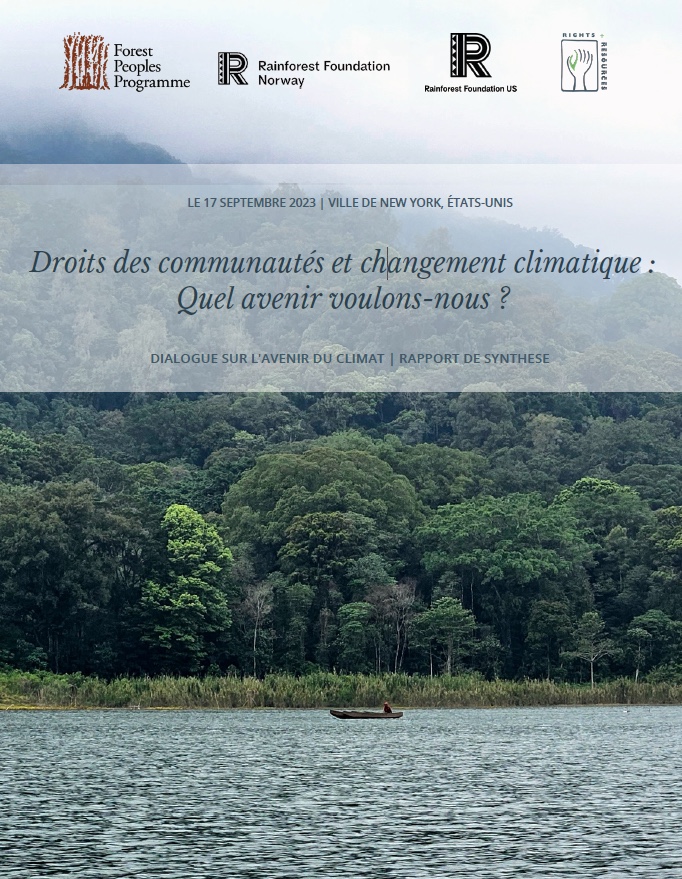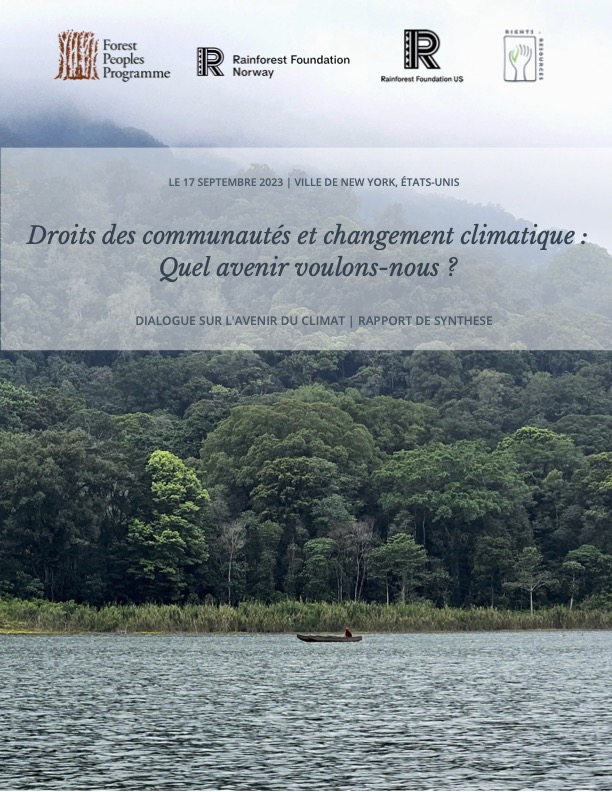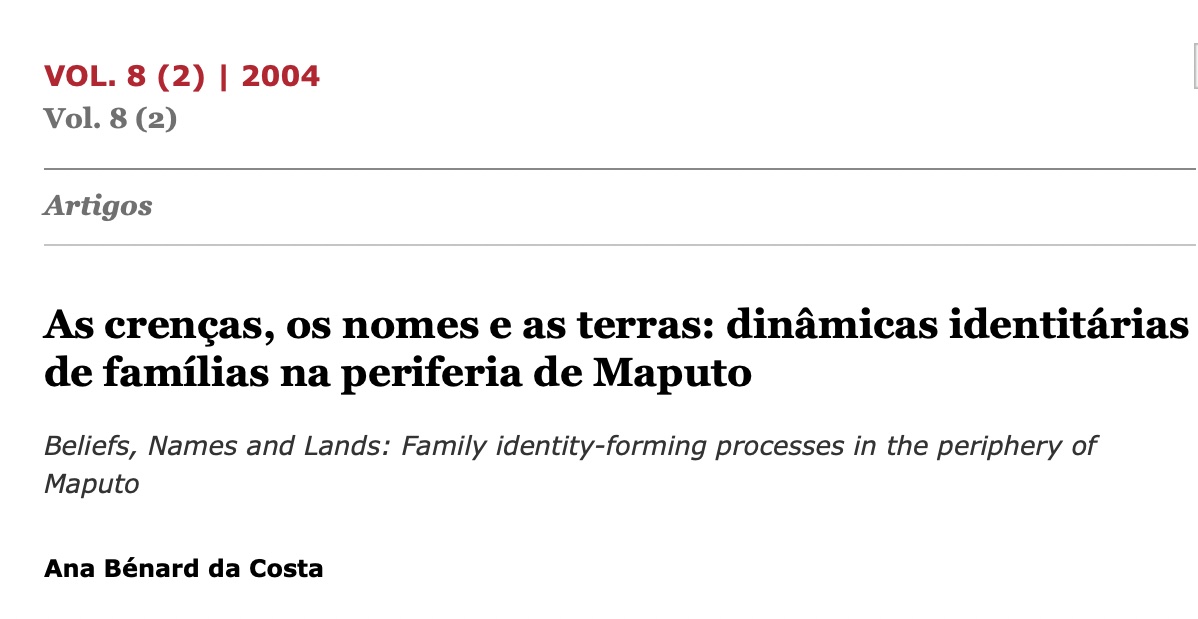DECENIO DE LA AGRICULTURA FAMILIAR. UN ANÁLISIS DE SU IMPLEMENTACIÓN EN LAC
A cinco años de la declaratoria de Naciones Unidas del Decenio De Agricultura Familiar y en el marco de la VIII Conferencia Global de Agricultura Familiar, la Plataforma Regional de Agricultura Familiar presenta el siguiente balance de su implementación haciendo énfasis en los avances respecto de la gobernanza de la agricultura familiar, la situación de las mujeres y jóvenes rurales, el avance en la inclusión socioeconómica de los agricultores familiares y los procesos de transformación de los sistemas agroalimentarios para afrontar las crisis globales entre ellas la


